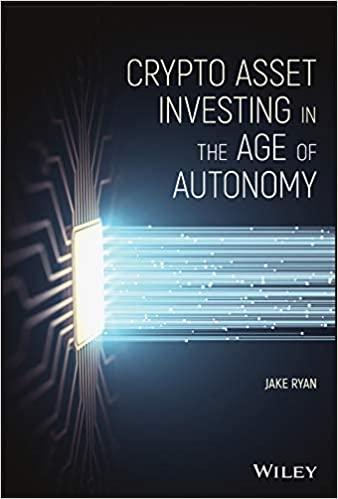Question
A company that makes fancy drinks has experienced a sharp increase in demand for its flagship product Grape Soda, which is why the production department
A company that makes fancy drinks has experienced a sharp increase in demand for its flagship product "Grape Soda", which is why the production department of the company has decided to double its capacity. Currently, the company "Softdrink" produces and sells 200m3 of packaged beverage per year at a price of $35,000 per m3. Current technology has operational costs of $14,500 per m3 produced and two million in indirect manufacturing costs. It was acquired three years ago in six million and has been depreciated on a straight-line basis over five years. Today it is appraised at 45% of its acquisition value, but, despite its use, it could continue to be used for another five years, period in which it is estimated that it could be sold at 10% of its acquisition value. To face the increase in demand, there are two possibilities:
Alternative 1 Acquire a small technology that complements the current one at a price of $8,000,000, with a five-year shelf life. At the end of said period, it is estimated that it could be sold on the market. secondary to 30% on its purchase value. Its operating cost is $12,000 per m3 produced. and it is estimated that, with this technology, together with the one that is available, it will be able to double the current production of the company, increasing the current fixed expenses to 20%.
Alternative 2 Completely change the current production process, acquiring a technology with a capacity that reaches 400 m3. For this there is one whose acquisition cost is $13 million, with a useful life of five years and it is estimated that at the end of that period it will be possible to sell at 40% of its purchase value. According to the production manager, this option would reduce operating costs at $11,000 per m3 produced and indirect manufacturing costs at $1 800,000 annually. If the company requires a level of working capital equivalent to three months of the total cost of disbursable production, investors face an alternative cost of 13% per year and the rate income tax is 15%. Which of the two alternatives is the most convenient to face the increase in the demand for the company? What is the present value of the cost savings from implementing the more efficient alternative?
step by step please
Step by Step Solution
There are 3 Steps involved in it
Step: 1

Get Instant Access to Expert-Tailored Solutions
See step-by-step solutions with expert insights and AI powered tools for academic success
Step: 2

Step: 3

Ace Your Homework with AI
Get the answers you need in no time with our AI-driven, step-by-step assistance
Get Started


